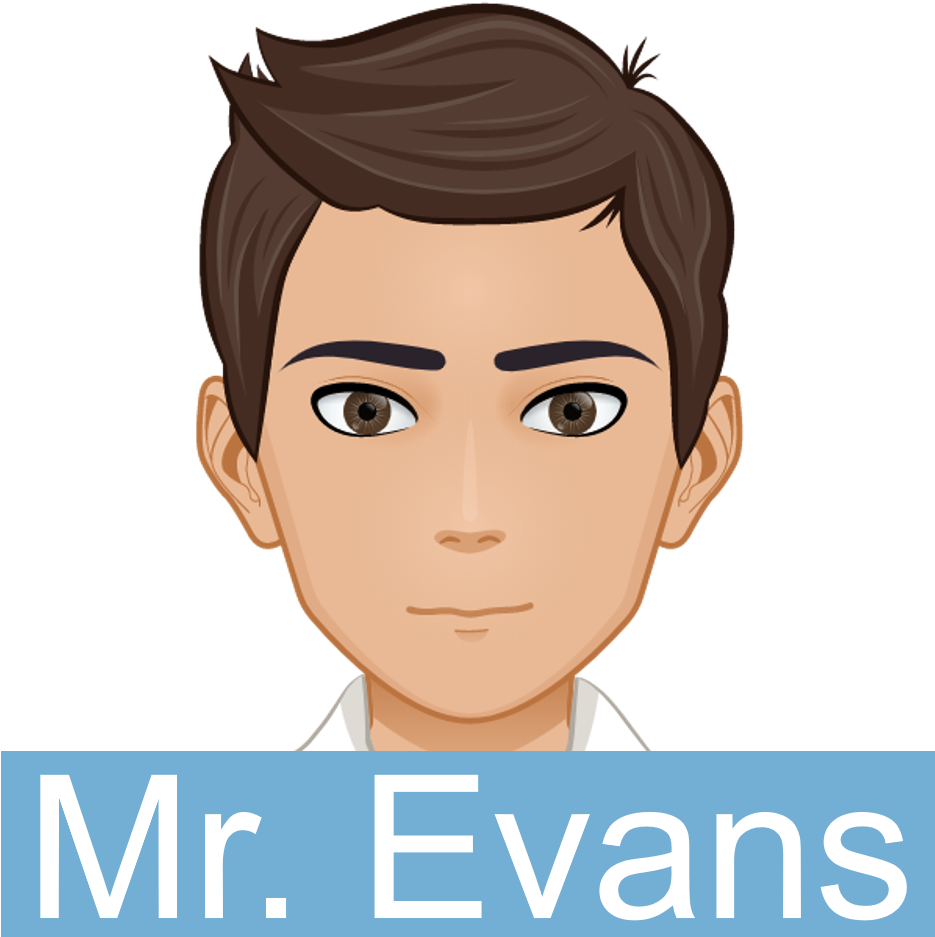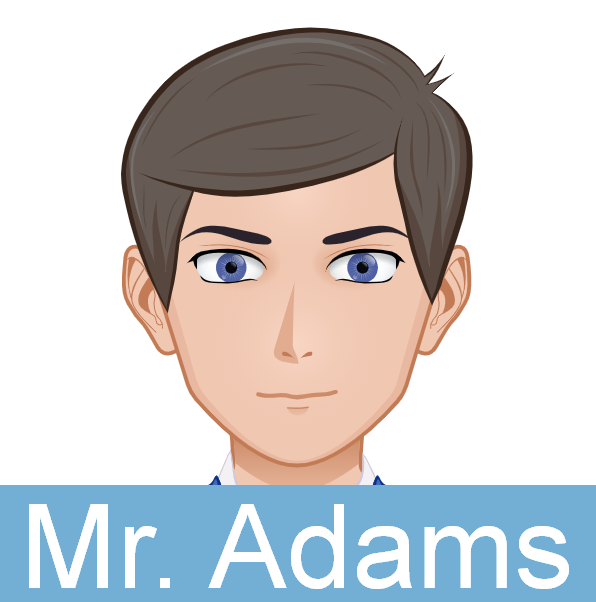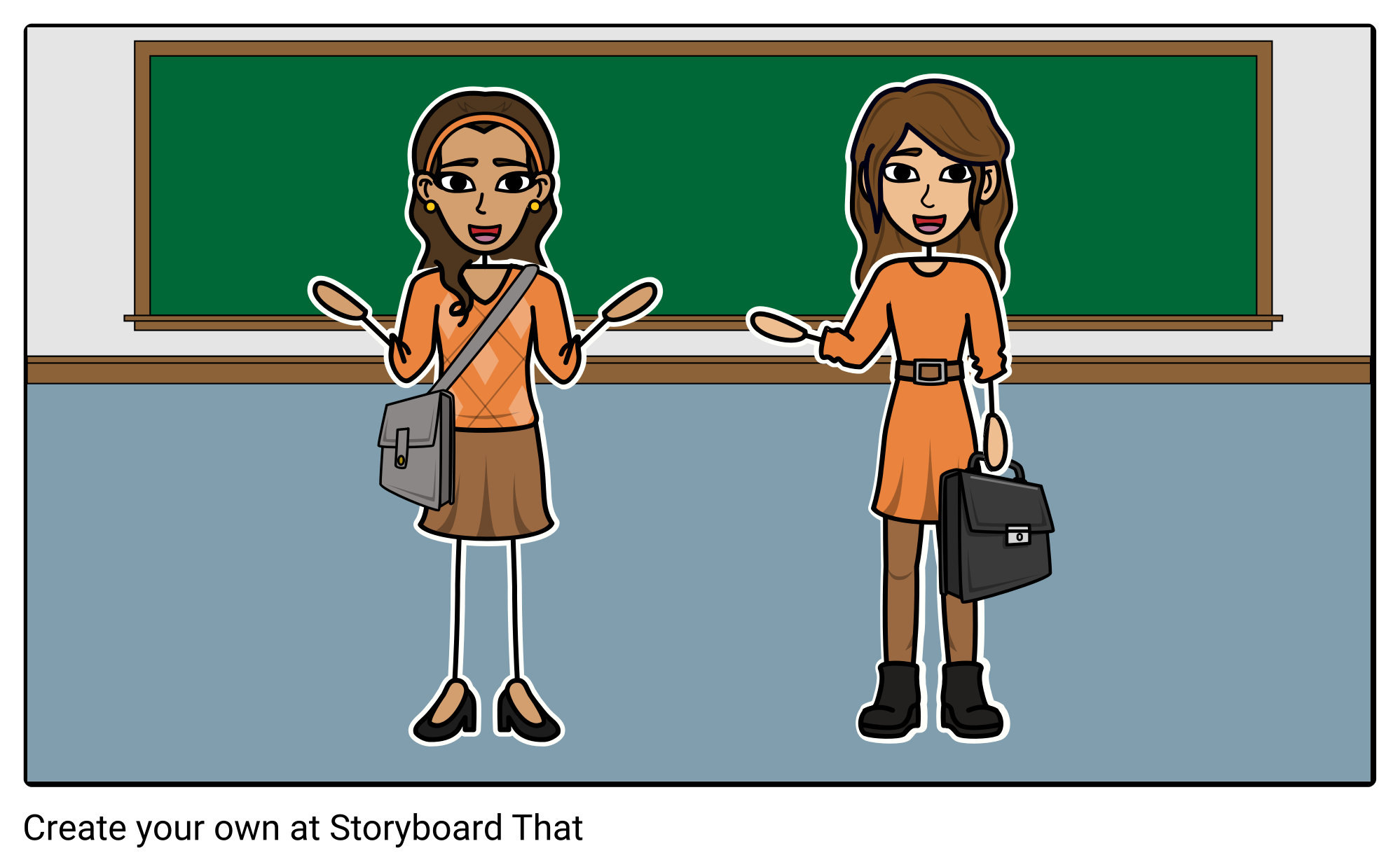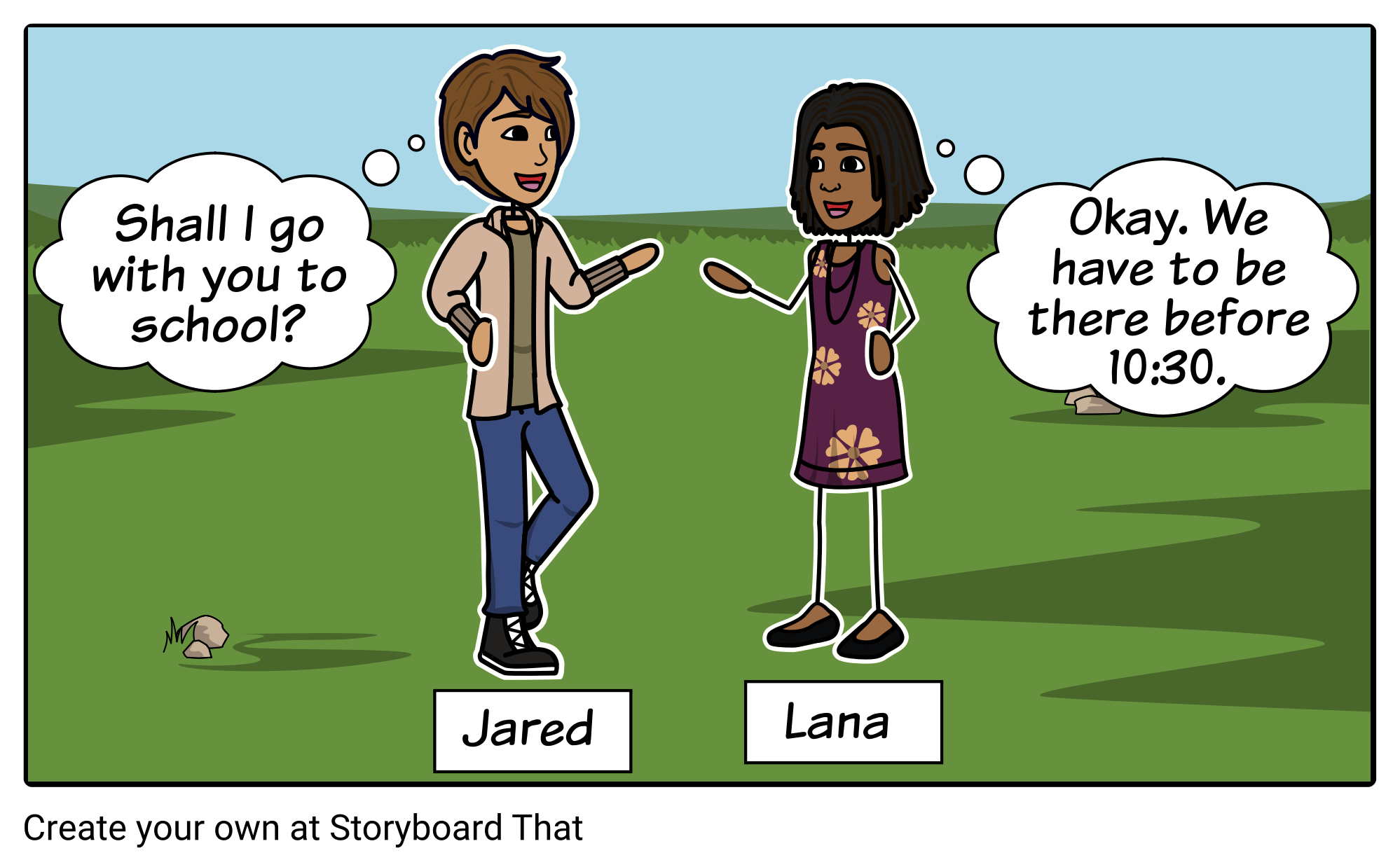The team at PharmaCare are exchanging ideas for the promotion of their new product.
 Good morning. Today, we are going to talk about the promotion of our latest product. Is there anyone who wants to share ideas first? |
|
Ms. Watson, I have a suggestion. What if we promote our new product using brochures? In the past, we usually get good results when using brochures. 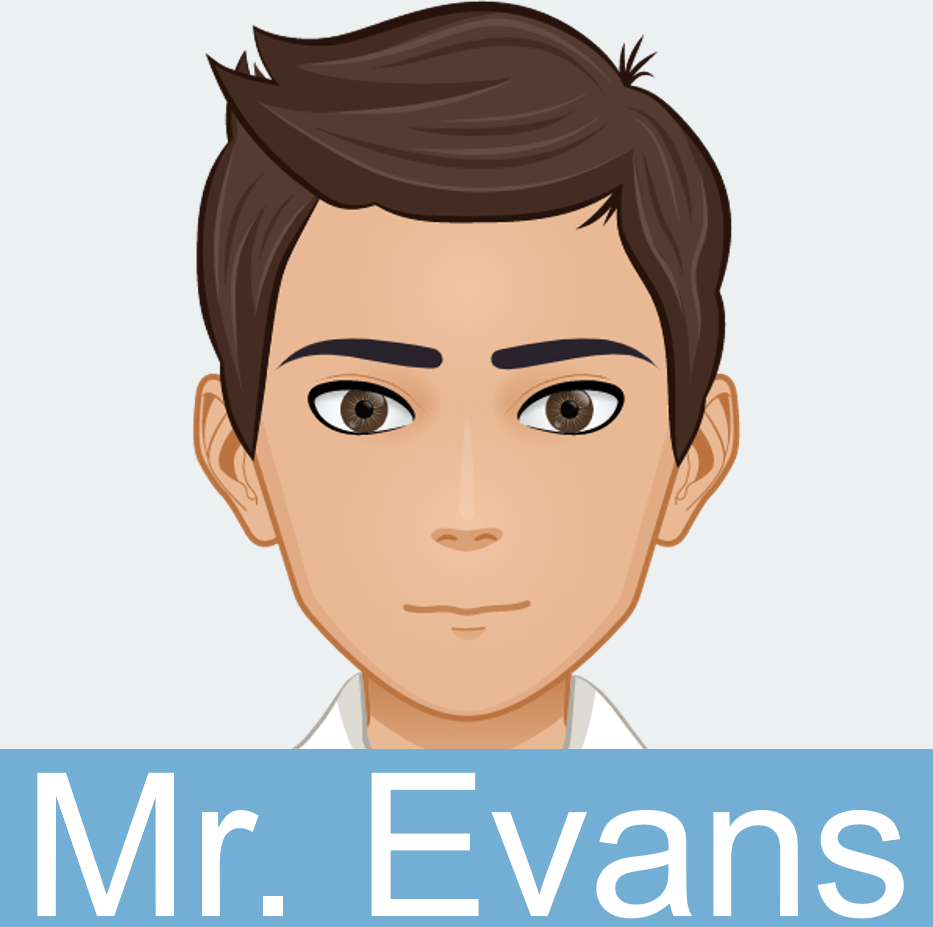 |
 I see your point, but I think giving brochures is already an out-of-date way of promoting our products. Why don’t we try something new? We could promote our new product on the internet. |
|
Well, I’m not so sure about that but I guess we could give both of your concepts a try. I’m also thinking about promoting the latest product on the internet and in brochures. If you have more ideas in mind, please let the team know until tomorrow.  |
 That’s great. So we could see which concept works best for the promotion of our new product. |
|
Exactly. I think we should have another meeting before we start making drafts for promotional advertisements. Thank you and see you later, team.  |
| 1. Word: Meaning: Example: |
brochure (noun) a thin book with pictures and information, usually advertising something I saw some interesting products on the brochure last night.. |
| 2. Word: Meaning: Example: |
concept (noun) a principle or idea His concept improved the company’s annual sales. |
| 3. Word: Meaning: Example: |
out-of-date (adjective) old and no longer useful or fashionable Most people wish to have more time for leisure. |
| 1. | How do you feel when someone disagrees with your idea? |
| Answer: | ________________ |
| 2. | Do you find it easy to share your ideas in a meeting? |
| Answer: | ________________ |
| 3. | Why do you think some people are afraid to express their ideas? |
| Answer: | ________________ |
| 4. | Do you consider other people’s opinions when making a decision? |
| Answer: | ________________ |
| 5. | Do you think getting ideas from employees can be a great help for the company? |
| Answer: | ________________ |
| 6. | Have you ever given an idea that helped improve something? |
| Answer: | ________________ |
| 7. | Do you easily accept other people’s opinions/ideas? |
| Answer: | ________________ |
| 8. | Why do you think it is important to exchange ideas in a meeting? |
| Answer: | ________________ |
| 9. | Have you ever disagreed with someone’s ideas? What happened? |
| Answer: | ________________ |
| 10. | Have you ever suggested something, then changed your mind? |
| Answer: | ________________ |


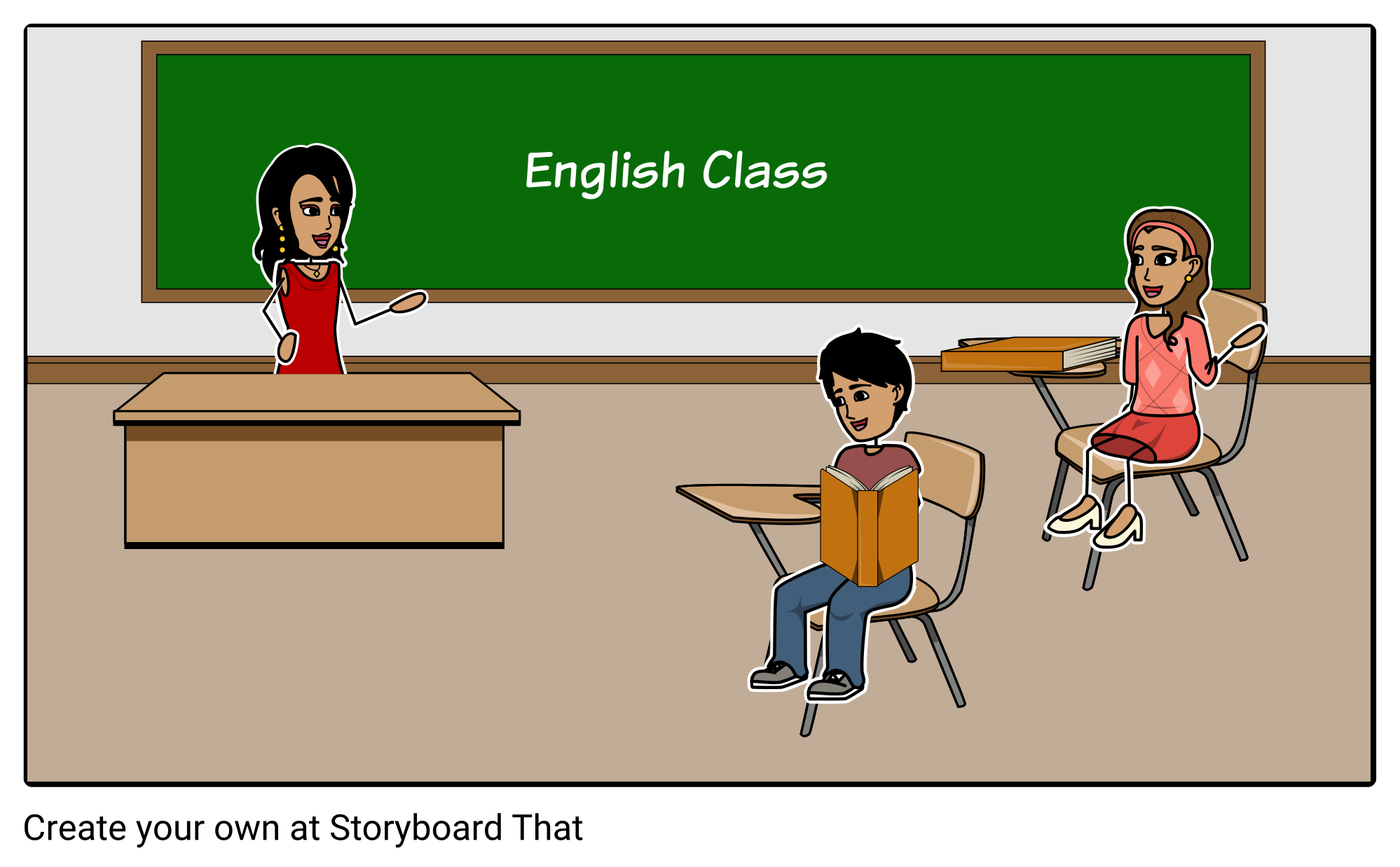
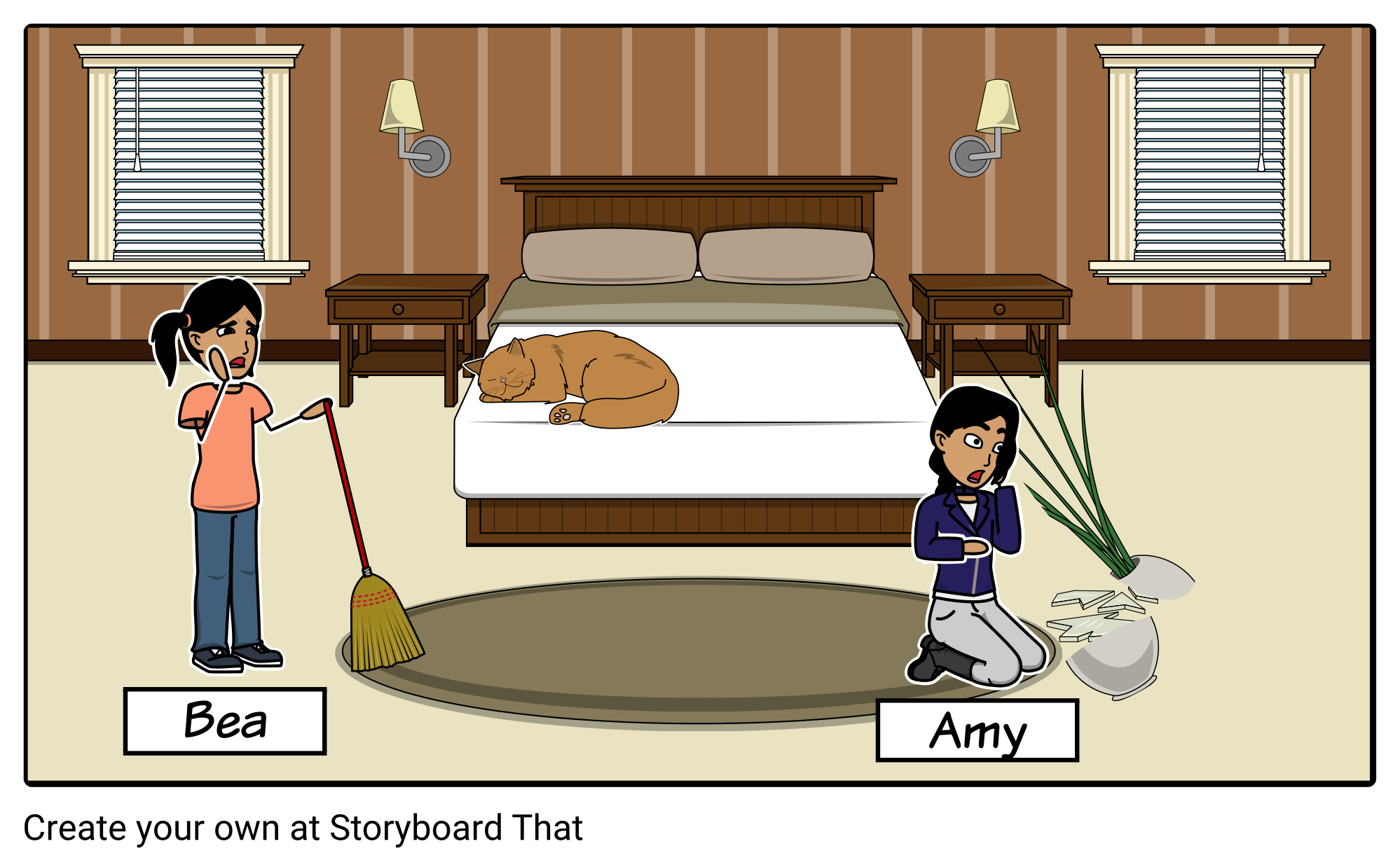
 GOOD
GOOD 

